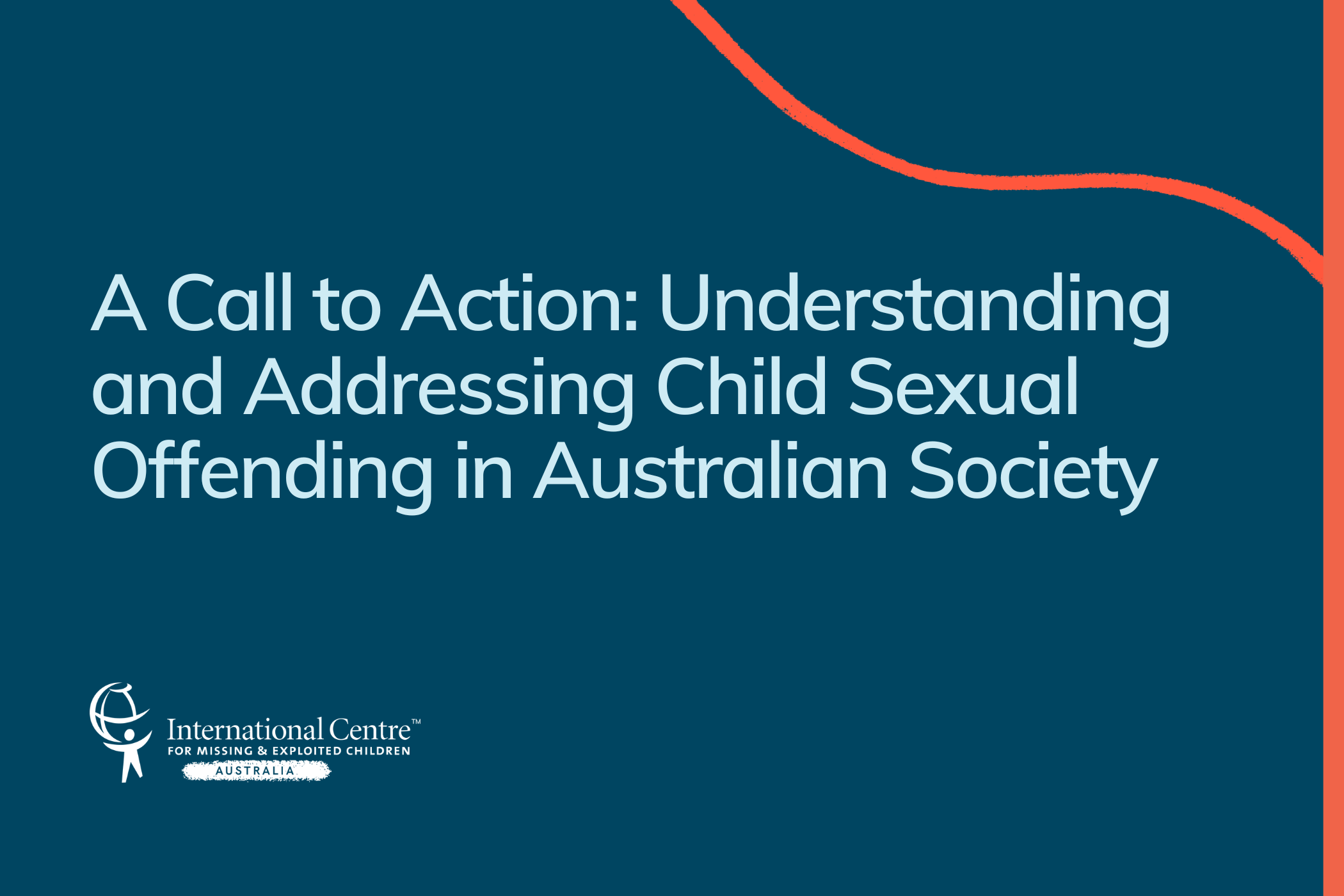


A groundbreaking study confronting more uncomfortable truths surrounding child sexual abuse has just been released, titled Identifying and Understanding Child Sexual Offending Behaviour and Attitudes Among Australian Men. The study was produced by UNSW academics in association with the Australian Human Rights Institute and Jesuit Social Services’ child sexual abuse prevention service, Stop It Now! Australia, with Dr Michael Salter as the lead author. It was conducted online and anonymously between December 2022 and January 2023, and offers unprecedented insights into a dark corner of society that demands our attention.
The findings of this study are nothing short of shocking, revealing the disturbing prevalence of undetected child sexual abuse offending among Australian men. Within the study, approximately 1 in 6 men reported having sexual feelings towards children. A startling 6.7% of Australian men also knowingly viewed child sexual abuse material. Perhaps the most startling revelation though, is that 1 in 10 men stated they had sexually offended against a child, with around half of this group reporting that they experienced sexual feelings for children.
These findings are groundbreaking on a global level, and are particularly shocking because they relate to undetected child sexual abuse. The report further demonstrates what we have known anecdotally for years, that child sexual abuse is a crime of epidemic proportions. It exists in every corner of our communities, perpetrated by those we’d least suspect. This research highlights that Australia is not exempt from this heinous crime, and that it is occurring at a scale previously unknown. It’s a sobering indication that more needs to be done, and that preventing this crime must be a top priority.
The research findings indicate that those most likely to perpetrate this crime exhibit similar characteristics. They are more likely to be married with a higher household income over $150,000, they often work with children, they have generally experienced higher rates of childhood abuse (sexual, physical, and emotional), will often engage in increased alcohol and drug use, they have a preference for encrypted online services and will often own and use cryptocurrency, with a number admitting to consuming deviant and violent pornography, whilst tending to deny the harm caused in the sexual abuse of a child.
The study’s conclusions are both stark and urgent, emphasising the critical need for early intervention services and preventative initiatives. The research points to several areas that could inform primary prevention work, including recognising child maltreatment and violence against women as social determinants of child sexual abuse, improving community attitudes and understanding of the signifiant harm of child sexual abuse, addressing unsafe online services and products, building safety into online romance and dating sites, regulating pornography (especially violent and deviant content), and promoting and maintaining child-safe institutions.
This vital piece of work validates many of the victim-survivor stories that we have so often heard, indicating that many perpetrators have cultivated good social standing within the community, underscoring the need more than ever for a collective effort across stakeholders – policymakers, financial institutions, NGOs, law enforcement, the tech industry, and regulators.
ICMEC Australia is committed to a world where children are free from abuse and exploitation, and facilitating cross-industry collaboration is the cornerstone of bringing this mission to life.

ICMEC Australia acknowledges Traditional Owners throughout Australia and their continuing connection to lands, waters and communities. We pay our respects to Aboriginal and Torres Strait Islanders, and Elders past and present.